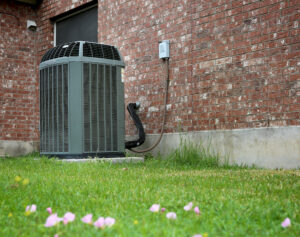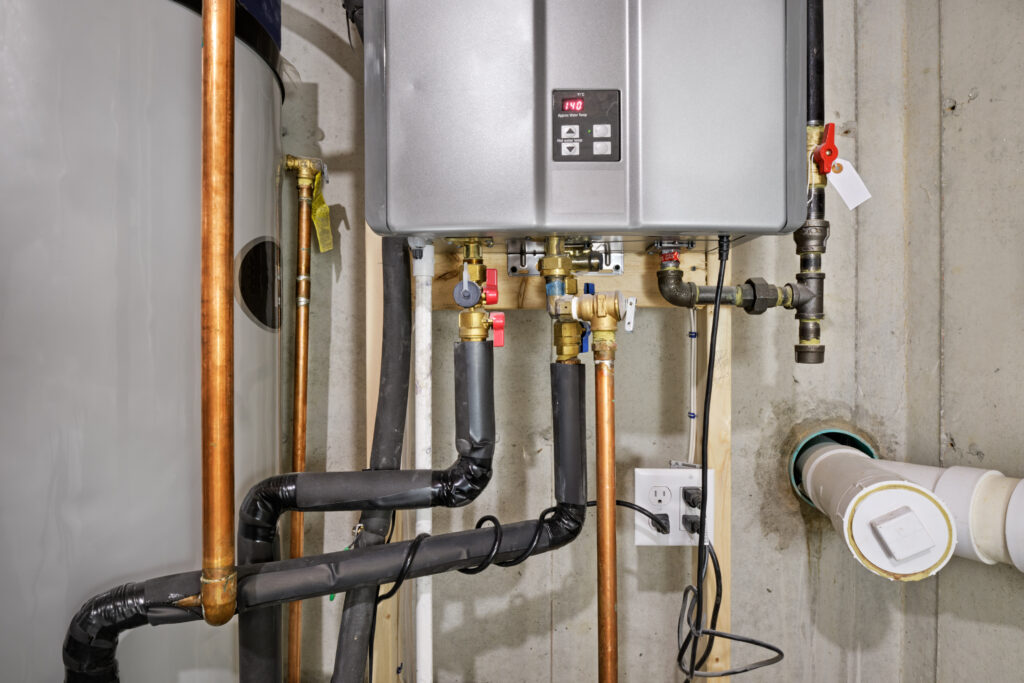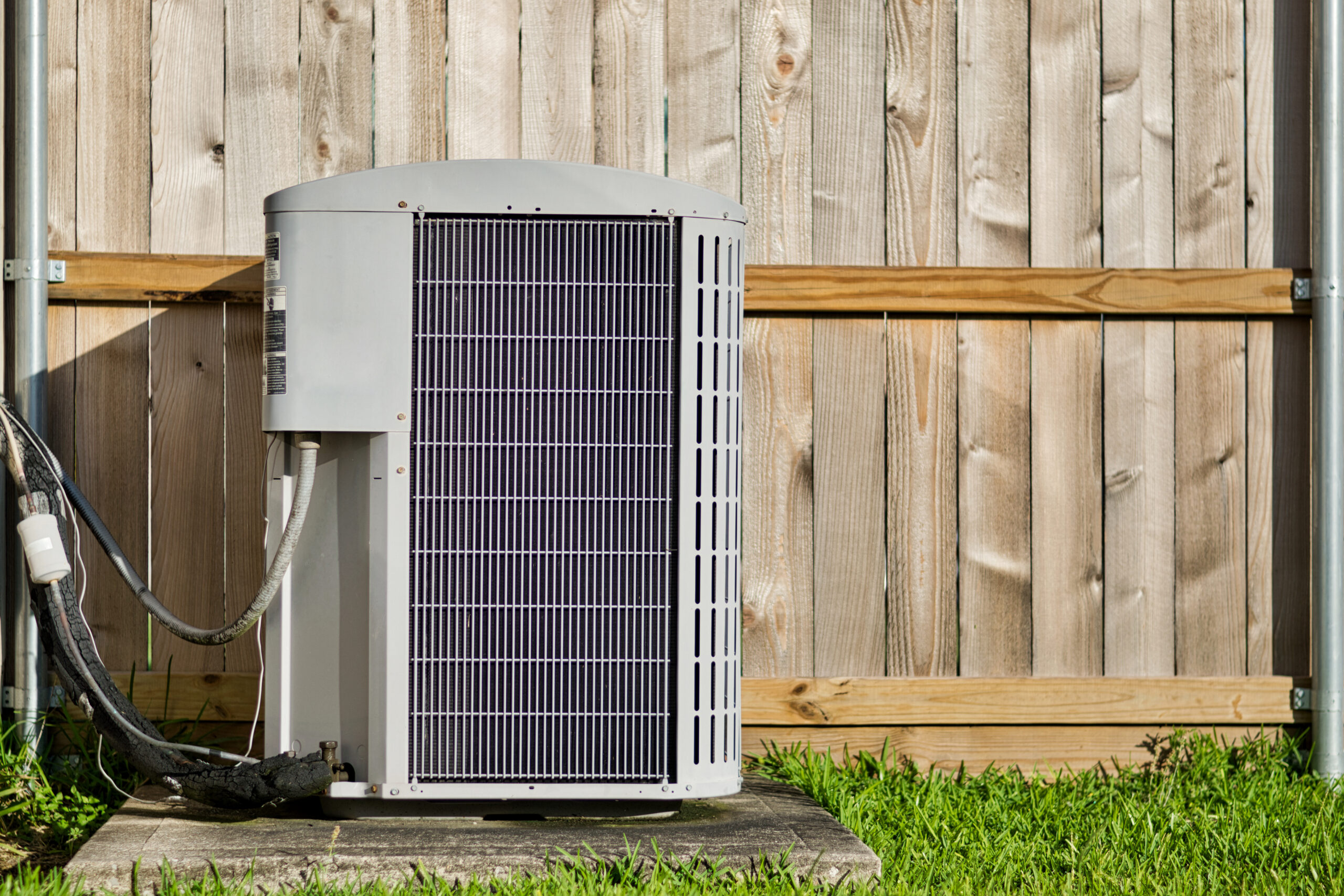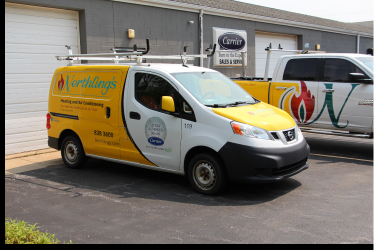
Heat pumps have a reputation as an efficient, eco-friendly way to heat and cool homes all year. With higher energy costs and a growing focus on sustainability, you may be considering a heat pump as an alternative to a traditional HVAC system. While there are many benefits, like reduced energy usage, lower carbon emissions, and all-in-one heating and cooling, it’s also important to understand the potential disadvantages.
Heat pumps are not the ideal solution for every home. Factors like up-front cost, performance in extreme cold, and energy efficiency depend on your home’s layout, insulation, and local weather conditions. We’ll take a closer look at the drawbacks of heat pumps and how they stack up against the advantages, so you can make an informed decision.
Reduced Efficiency in Cold Climates
One of the most significant disadvantages of air-source heat pumps is their reduced performance in colder temperatures. While modern cold-climate heat pumps have made tremendous advances, traditional models struggle to extract heat efficiently when the outside temperature drops below freezing.
In areas with harsh winters, heat pumps may require a backup heating system to maintain adequate heating. Older models may experience noticeable performance drops during deep freezes, resulting in longer run times and higher electricity bills.
Manufacturers have addressed this with cold-climate air-source heat pumps, which work effectively even in subzero temperatures. Look for ENERGY STAR-certified systems labeled as cold-climate capable, and consider hybrid setups with a backup heating source.
Higher Installation Costs
Heat pumps, especially ducted systems, can have higher initial costs than replacing a traditional furnace or central air conditioning system alone. Installing a heat pump typically incurs higher up-front costs for due to the equipment, labor, and, in some cases, modifications to the ductwork. Ground-source (geothermal) heat pumps are even more expensive to install because they require excavation and underground piping, although they offer long-term energy savings.
The long-term energy efficiency of heat pumps often offsets the up-front cost. With proper sizing and installation, you will see reduced monthly utility bills. In fact, you might save up to 50% some months. In addition, rebates and incentives from government and utility programs can significantly reduce the cost.
Good Insulation Needed for Maximum Efficiency
Heat pumps work best in well-sealed, energy-efficient homes. If your house is drafty or poorly insulated, the heat pump may struggle to maintain comfortable indoor temperatures. If your home has minimal attic insulation or poor duct sealing, you may experience reduced heat pump performance. This could result in discomfort during peak heating and cooling seasons.
Many energy-efficiency upgrades are relatively affordable, and heat pumps tend to require fewer repairs than traditional HVAC systems. Since they handle both heating and cooling through a single system, there are fewer total components to break down.
Wall Mounting
In ductless mini-split setups, indoor air handlers are typically mounted on walls, ceilings, or floors — a look you may not love. You may need multiple indoor units for full-home coverage, and this can increase the cost of equipment. If you have an older home without existing ductwork, you may require creative installation solutions that can be more expensive.
Ductless systems are flexible, highly efficient, and ideal for additions or retrofits. For homes with existing ductwork, modern ducted heat pumps provide quiet, whole-home comfort with minimal disruption.
Dependent on Electricity
Unlike natural gas furnaces, heat pumps rely solely on electricity to function. In areas with high electricity rates, this could be a concern, especially if you’re relying on the system for both heating and cooling. Power outages can also temporarily disable a heat pump unless you have a generator or battery backup system. Heat pumps are cleaner and more sustainable, especially as more homes in the area integrate solar panels.
Contact Nerthling’s Today
Heat pumps aren’t the perfect fit for everyone, but they are one of the most versatile and efficient options available. If you’re thinking about making the switch, weigh the potential downsides alongside the benefits, and speak with a member of our HVAC team at Nerthling’s Heating and Air Conditioning to assess your home’s needs and recommend the right setup. With the right model and a professional installation, you can minimize most of the disadvantages of heat pumps, leaving you with an energy-efficient system that delivers year-round comfort and lower utility bills.
We have been meeting the heating and cooling needs of the Erie, PA area since 1952. Contact Nerthling’s today to schedule an appointment with our experienced team.







